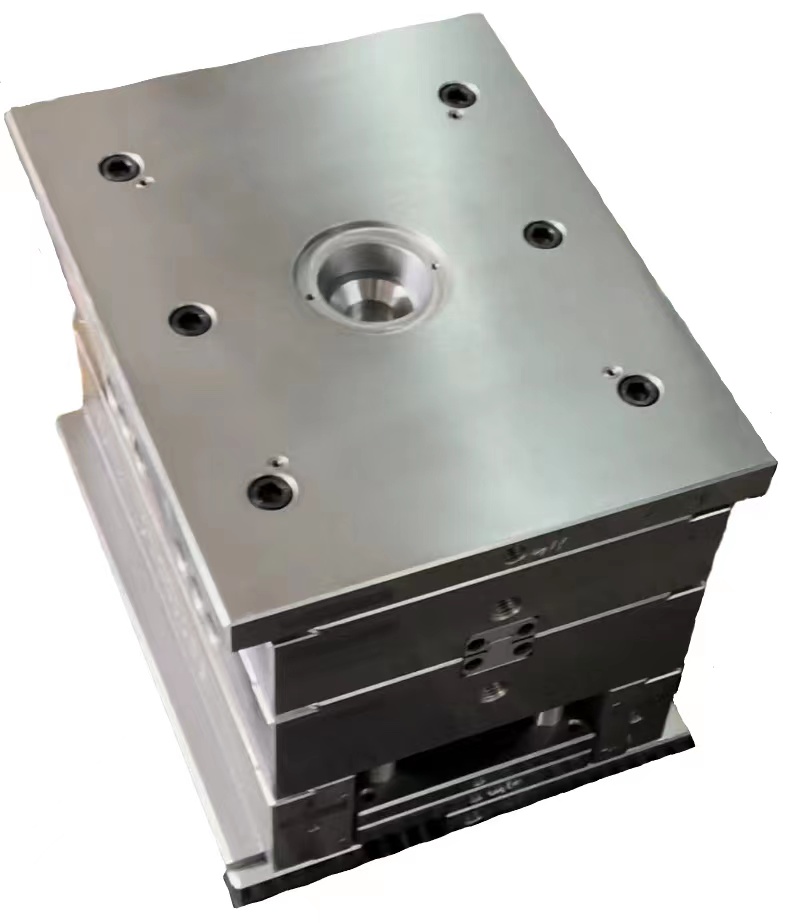Introduction to High-Performance Tool Steel Plates
In the realm of precision engineering, the materials used can make a significant difference in the quality, durability, and efficiency of the end products. One such vital material is high-performance tool steel plate. This article delves into the specificities of high-performance tool steel, its benefits, applications, and key considerations for Russian engineers and manufacturers.
What is High-Performance Tool Steel?
High-performance tool steel refers to a specialized type of steel designed for high wear resistance, toughness, and the ability to retain a sharp cutting edge. These properties are essential in the precision engineering industry, where accuracy and durability are paramount.
Key Benefits of Using High-Performance Tool Steel Plates
- Enhanced Durability: High-performance tool steel plates are known for their exceptional hardness and wear resistance.
- Improved Precision: The ability to retain sharp edges over time ensures consistent and accurate machining and cutting.
- Heat Resistance: These steels maintain their properties even at high temperatures, making them suitable for demanding applications.
- Corrosion Resistance: Specific grades offer excellent resistance to rust and oxidation, increasing the lifespan of tools and components.
Applications in Precision Engineering
High-performance tool steel plates are utilized in various precision engineering applications, including:
- Mold Making: Used extensively in the production of molds for plastic injection and metal casting.
- Cutting Tools: Essential for manufacturing cutting tools like drills, end mills, and turning tools.
- Stamping Dies: Integral in the production of dies used in stamping and forming metal parts.
- Machine Components: Used for producing high-stress components in CNC machines and other equipment.
Types of High-Performance Tool Steel
Different types of high-performance tool steels are used based on specific engineering requirements:
| Type | Characteristics | Applications |
|---|---|---|
| H13 | Great toughness and heat resistance | Die casting and extrusion dies |
| D2 | High wear resistance and edge retention | Cutting tools and dies |
| M2 | Excellent high-temperature stability | Drills, taps, and end mills |
| A2 | Good machinability and toughness | Cold work punches and dies |
Choosing the Right Tool Steel for Your Needs
When selecting the appropriate tool steel, consider the following factors:
- Hardness and Strength: Choose based on the required wear resistance and load-bearing capacity.
- Machinability: Some steels are easier to machine than others, impacting manufacturing cost and time.
- Heat Treatment: The ability of the steel to be hardened through heat treatment is crucial for certain applications.
- Corrosion Resistance: In environments prone to rusting, select a steel with high corrosion resistance.
Conclusion
High-performance tool steel plates are indispensable in precision engineering, offering unparalleled durability, precision, and versatility. By selecting the right type of tool steel for specific applications, engineers and manufacturers can significantly enhance the performance and lifespan of their tools and components. As the demand for higher precision and efficiency continues to grow, **high-performance tool steel** will remain a critical material in the engineering sector.

